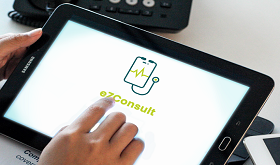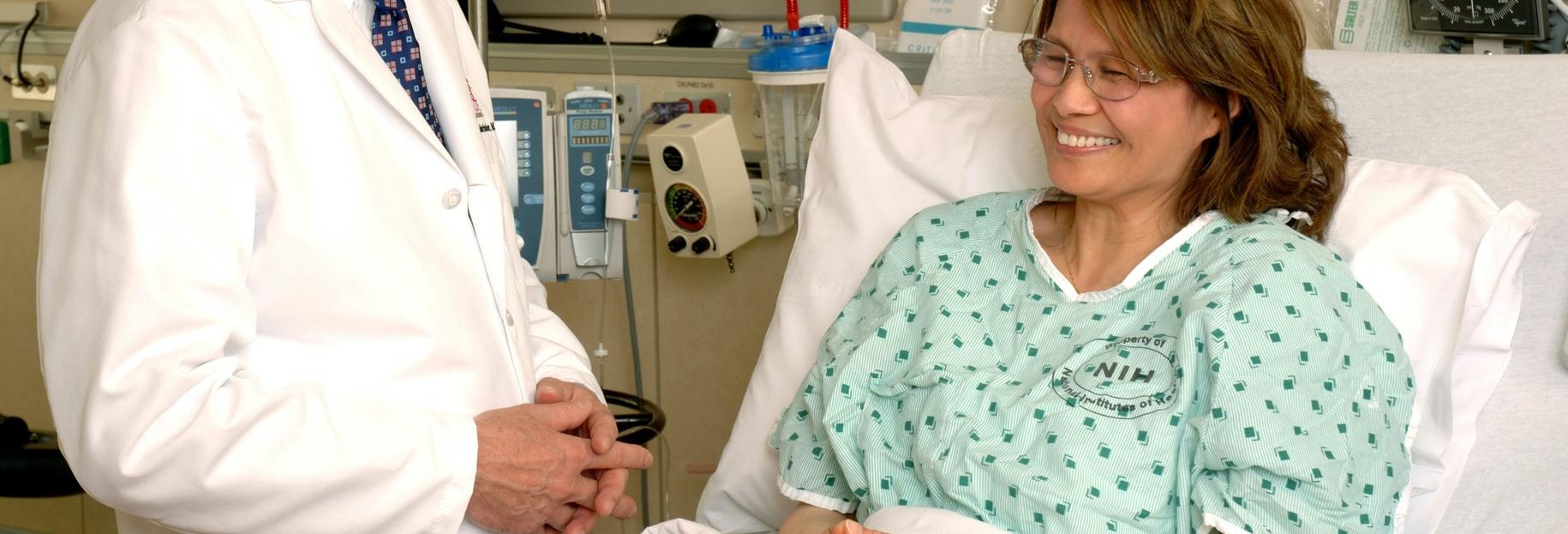
Filipino doctors are conducting much fewer consultations since the COVID-19 health crisis in March this year, according to a recent survey conducted by a team of researchers from Zuellig Pharma.
When asked what has changed in their practice since COVID-19, a poll of 660 doctors attending a series of telemedicine webinars revealed that visits to their clinics and patient consultations have significantly reduced.
More than half of doctors (54%) surveyed said they go to their clinics much less than before, with 35% saying they were hesitant to see patients face-to-face. In addition, 44% have included telemedicine as part of their practice.
New patients were also on the decline; with 8% of doctors surveyed saying they had no new patients since the quarantine started. 15% estimated the number of their new patients was down by a quarter, while 40% of doctors said their new patients decreased by half. The remaining 37% of doctors surveyed experienced a 75% or more decline in new patients.
Kidit Afable, Zuellig Pharma Corporation Vice President for Strategy and Innovation, said the results show that there is a particularly urgent need for alternatives to face-to-face doctor consultations, with people – even doctors themselves, worried about the virus spread. “This means many people are putting off seeing a doctor to the detriment of their health,” he explained.
Doctors however have already begun adopting telemedicine, with 62% currently using at least one telemedicine application (app). Of this number, more than half (57%) are on a single app, 40% are on two to three apps, while 3% are on four apps or more.
As for patients, their adoption rate of telemedicine has been slower to take off, with 66% of doctors saying that only some of their patients do telemedicine consultations with them. A third (34%) of doctors says that at least half of their patients are using telemedicine with them.
“Doctors and patients still have concerns about using telemedicine applications, because of data security, fees and payment options, interconnectivity to pharmacies and laboratories, patient records keeping and user friendliness, among other factors,” said Afable.
To address these concerns, Zuellig Pharma launched its own virtual care network, eZConsult, in late July.
“When we were creating eZConsult, we had to include doctors and patients in the development team to deliver a solution that allows simple, secure and safe access to healthcare. We tapped on an extensive panel of healthcare professionals across different specialties including retail pharmacy partners, laboratories, and fintech companies, who provided advice, support and services on the platform,” shared Afable.
In the House of Representatives, Albay Representative Joey Salceda had filed House Bill No. 7422 or ‘The Philippine E-Health and Telemedicine Development Act of 2020” which aims to promote the delivery of health and medical services through the use of information and communications technology (ICT).
The measure defines telehealth and telemedicine services as an approach to extend healthcare services through ICT to patients at a distance from health care providers. The bill further establishes the components of electronic health systems and sets basic sector standards and mechanisms for interoperability with conventional and other modes of healthcare service delivery, by defining standards of eHealth systems and services, and promoting synergies between different modes.
